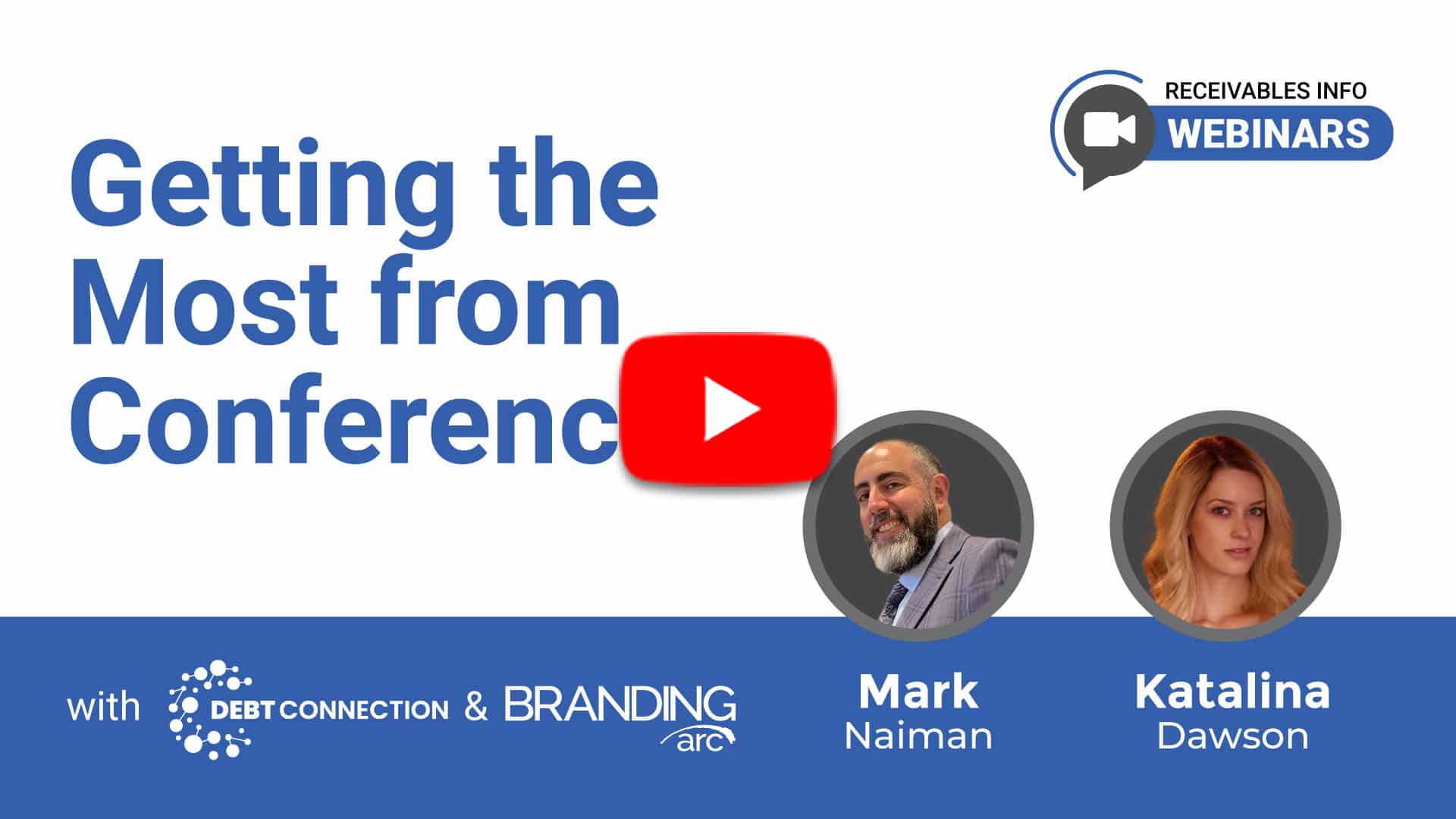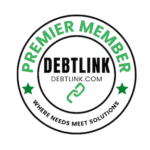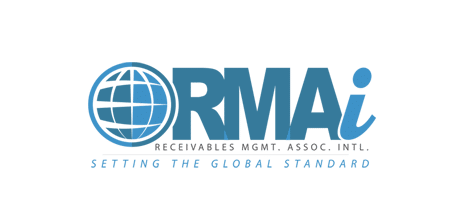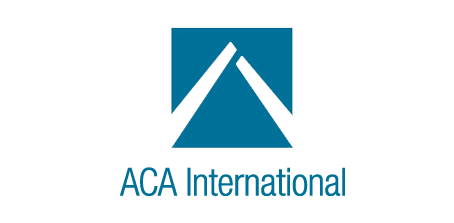How to Optimize Your Time at Events
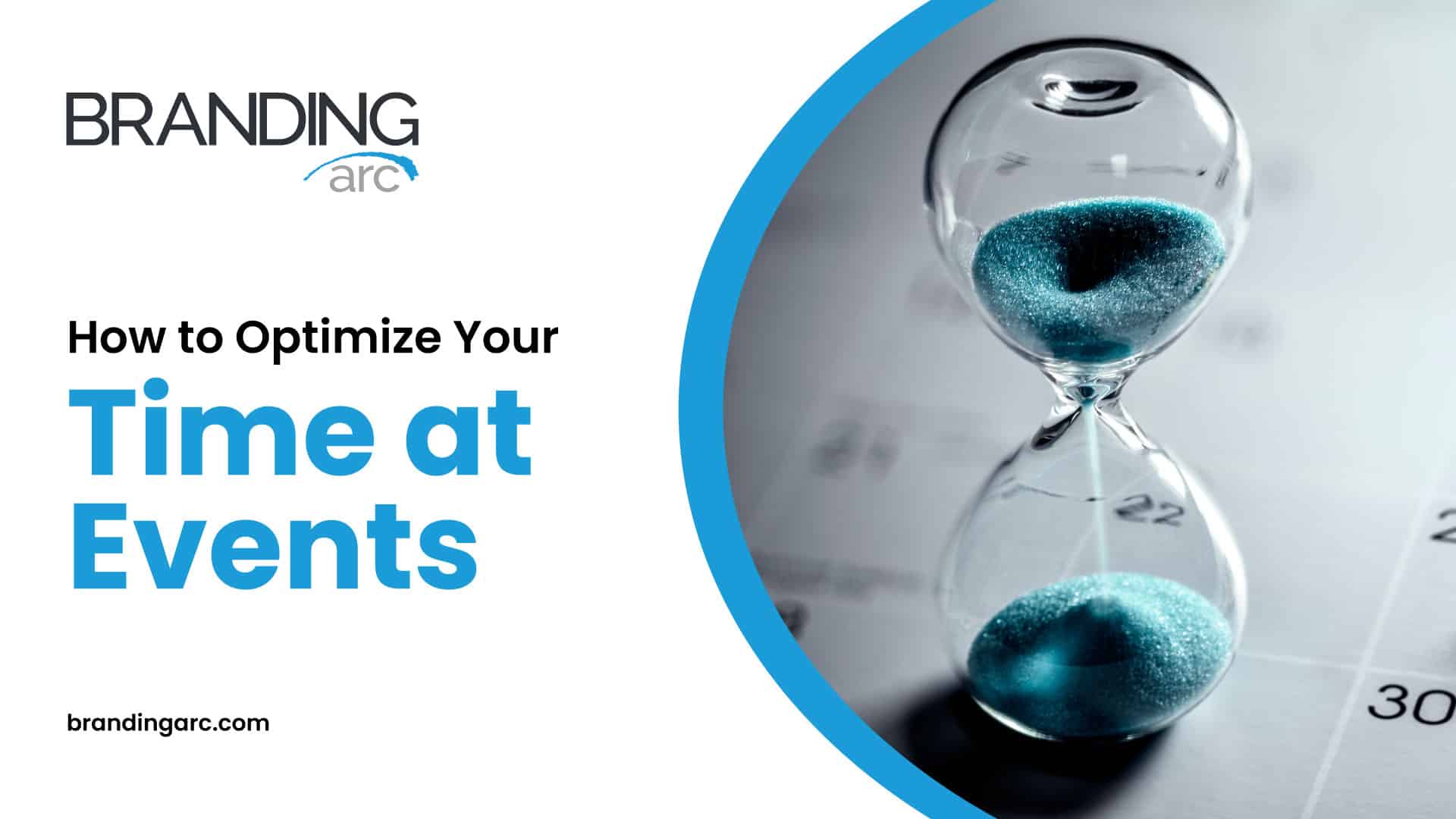
Events and conferences in the receivables management and financial services industries are critical junctions for professional networking and building business partnerships. While it’s important not to miss out, the costs involved in travel, attendance, and time away from the daily routine for your team members can be significant. Everyone wants to see a return on their investments. Whether you’re registered for an event with one of the major receivables industry trade associations — like ACA International, RMAI, or NCBA — or a privately hosted event, a few tried and true conference planning tips can be useful in optimizing the professional events on your calendar.
Conference Planning
Selecting the Right Mix
The first step in planning ahead is choosing the right mix of events for your company. Consider which combination of shows and attendance levels makes the most sense for your business. Depending on your objectives, will it be beneficial to skip exhibiting and focus on meetings? Would sponsoring be helpful for brand recognition? Are there enough people from your team attending that it would be better to divide and conquer?
Be the Early Bird
Whichever approach you choose for each event, planning ahead saves time, stress, and money. Early bird discounts and room block rates cut down on overall costs; plus, booking flights/car rentals ahead helps with securing the most cost-effective options and arranging the calendar accordingly. In sum, “last minute” translates to “wasted money.”
Outside of the agenda for the event, any private dinners with clients, prospects, partners, etc. are best planned ahead. Dinner reservations may not save on overall costs, but they can certainly cut down on last-minute stress and ensure everything goes as smoothly as possible as well as aligning with the schedule, budget, and goals for the evening networking opportunities. Shared meals provide uninterrupted time, so it’s worth ensuring they are well planned.
Understand the Value of Time
Pre-conference activities, meals and post-dinner networking opportunities might seem like off-the-clock fun, but they’re actually highly valuable opportunities to build personal relationships. Businesses are often built on the foundations of those personal relationships, so these moments are still very much important to your company’s overall event success.
For those new to the conference experience, it might be helpful to make sure ahead of time that loved ones understand the value of the limited in-person time with your professional network. Advance communication pre-conference can help to keep your schedule running smoothly. Far from meaningless diversions, dinner and after-dinner events are often some of the most important opportunities of the entire conference. It helps to keep in mind that people do business with people they like and trust; those relationships grow faster through shared experiences, and missing out may just open the door for your competition.
Preparing for Success
In addition to planning ahead for travel, registration, and meals, it’s also important to plan ahead for extracting the most value from the business day. Even though you’ll be in a different location, the typical working hours should still be packed with a professional agenda. Preparing for success in advance will help you to make sure your company’s investment is well spent.
Utilize Attendee Lists
Many conferences provide attendee lists in advance of the event. These can be utilized for adding to your CRM or updating your mailing list. Take the time to manually evaluate and review those lists to help you get a feel for who will be there. If a prospect you’re interested in will be there, for instance, determine who will be in attendance and consider reaching out personally to schedule a meeting.
Scope the Venue & Facilities
Scheduling is key. Look ahead at the agenda and location for the event and consider when and where you’ll eat, distance between venues, availability of business facilities, etc. Decide in advance the best way to use each mealtime and downtime; will these be meeting opportunities, quiet times away to catch up on emails and phone calls, or debrief moments with your team?
It’s likely you’ll need some combination of all of the above; that’s why planning the schedule down to the minute is crucial, especially in venues where it may take ten minutes just to walk from the conference area to your hotel room. Will you need an Uber (and do you have advance permission from your company to charge it or seek reimbursement?) or do you need to wear shoes appropriate for lots of walking? All these details need to be considered and ironed out with your team well before you ever leave home.
Prepare for Exhibiting
If your company will be exhibiting at the event, that’s an additional level of preparation to consider. What will you display? How will you get it to and from the event? Who will be responsible for setup, breakdown, and manning the booth? Does company swag need to be ordered in advance? If so, how much and what type? Are business cards and promotional materials ready and printed for the booth table? Are enough people available from your team to man the booth and attend sessions/take meetings simultaneously and successfully?
Promote Pre-Show
Whether your company is exhibiting, sponsoring, speaking, or just attending, it can be helpful to promote attendance in advance through email and/or LinkedIn. If no one knows you’re attending, it will be difficult to set up advance meetings and plan strategic networking opportunities. Check out the event website for details like shareable graphics and event hashtags that attendees can use to promote attendance and connect with fellow attendees before the event.
It can be tough to strike the balance between useful and annoying, as most attendees are inundated with pre-show emails. To avoid wasted efforts, be sure to do your research, reach out to the right people, and do it before their calendars are full.
Manage the Calendar
When setting up the calendar, keep in mind that everyone will have a tight schedule during the conference. Prevent wasted time or miscommunications by confirming meetings shortly before heading out to the event, planning for “in-transit” time, double checking dinner reservations, and anything else that needs to be done to be sure everything is in order the week beforehand. Make sure adequate time is allowed for things you won’t want to miss like booth setup, attending keynote sessions, etc.
Team Rules On-Site
A sometimes overlooked but important part of event success is to establish team expectations clearly. Communicate before and during the event so that you can “divide and conquer” efficiently. For example, if two or more people are staffing an exhibit booth, one could take a walk through the exhibit hall to see what’s new, how others are communicating, and find networking opportunities. Extract value from everything.
Live events are optimal networking opportunities; split up to attend as many networking options as you can. With that in mind, it’s easy to speak to so many people that you forget what was said to whom. Take notes and be prepared to follow up on statements, discussions, and ideas. Balance deepening current relationships with building new ones; don’t spend all your time in one place or with the same people.
Post-Conference Success
When you’re busy with everything that optimizing your time at events entails, you’ll more than likely be too worn out to follow up with anyone the day after you get home— and so will everyone else. But once you have a chance to decompress, don’t overlook the post-conference opportunities and loose ends that still remain. Decide on your communication channels (email, phone, cards, social) and personalize your messaging with a flavor of what was discussed.
If you took good notes throughout the show, it will be much easier to follow up. Find ways to make yourself stand out, track your successes, and take time to evaluate what worked well and what needs improvement for next time. (Was certain swag a big hit? Do you need to make updates to your sales or marketing materials based on something you learned?)
Evaluate your budget spend compared to your event success to determine if the event is worth attending again or how to better plan for next time. If you don’t document those thoughts and ideas right away, they’ll be forgotten which means your return on investment will be reduced. Start incorporating lessons learned into planning for your next event to capitalize on every opportunity and maximize your spend.
Learn More
If you enjoyed this article, check out our previous article, “5 Ways to Get the Most Out of Conference Attendance” and watch our webinar on Optimizing Time at Events:
About Branding Arc
Branding Arc is the only full-service marketing firm dedicated to the receivables management sector of the financial services industry. We manage the websites, search engine optimization, and online reputations of over 100 receivables firms across all disciplines, including debt buyers, collection agencies, law firms, creditors, and their service providers.
Through the creation and distribution of compelling, targeted marketing campaigns, we help companies improve their reputations, recruit staff, find clients, and establish a strong online presence.


